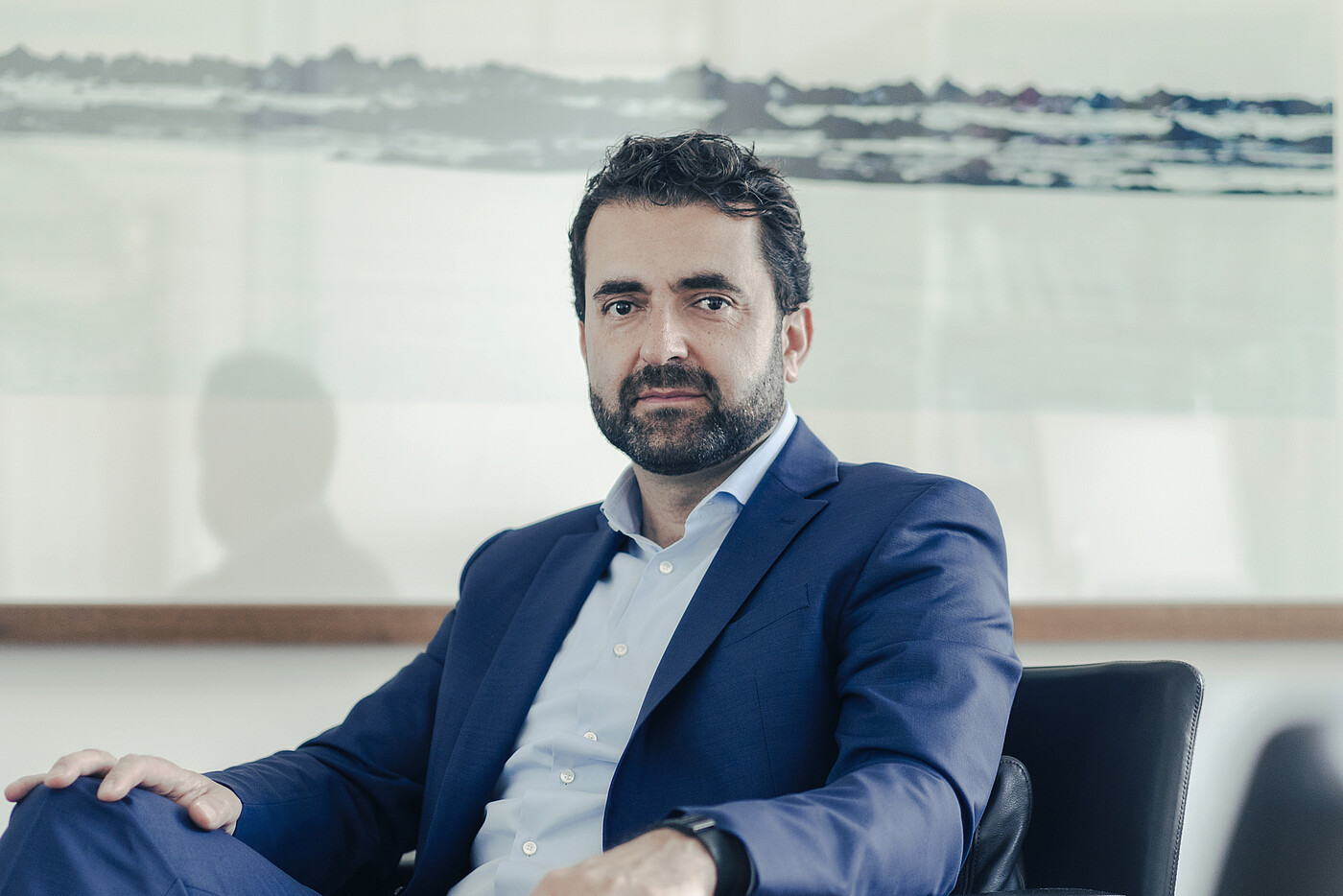
“Transformation can only succeed if it protects our values and is secure, and that includes the digital environment”
D64 stands for freedom, justice and solidarity based on a progressive approach to digital policy. We asked Bendix Sältz, a voluntary member of the D64 board, about the expectations young people have and the link between digital transformation and cyber security.
You have been working on advancing a more progressive digital policy in a country that is frequently accused of not being prepared for the digital transformation of the future. What is your view of the situation in Germany? And how can digital transformation and cyber security be best linked up to each other?
In Germany there is an immense need for reform when it comes to the digital transformation. Substantial efforts need to be made by society, administrators, industry and policymakers since all areas of our lives are affected. As a voice of civil society in this context, D64 brings our basic values of freedom, justice and solidarity into play. Digital transformation must not only be thought of as a tool to maximise profits, it is not inherently good or bad. Cyber security is a key issue that all players need to pay more attention to in the coming years. Transformation can only succeed if it protects our values and is secure, and that includes the digital environment.
Cyber attacks are increasing at an alarming rate; at the same time there seems to be a lack of awareness for the importance and urgency of this issue at companies. How do you explain that?
Cyber security and data privacy are issues that are frequently not given priority, since users cannot directly see them. If you want to make profit, you focus on the more obvious things. Cyber security costs money and is often only addressed when the relevant hardware or software solution has reached a certain range or when a critical security issue leads to negative press.
As D64 we have advocated for years to integrate cyber security into all processes from the very beginning, not just in business, but also at public authorities. The state cannot afford to lose the trust of its citizens. At the same time, government agencies must effectively target any negligent conduct in this regard.
In our Civey survey, 18 to 19 year olds scored significantly better than other age groups when it came to cyber security and a culture of security. What could be the reasons for this? And what are younger generations’ concerns with regard to cyber security?
The younger generations have grown up with the internet and have experienced its advantages, but increasingly also the negative effects of ignoring IT security, such as loss of data or even identity theft. Younger people expect to see digital processes that make their daily lives easier, but do not put their future at risk. However, across all age groups, awareness of this topic is lower than D64 would like to see. Often, new exciting applications are being used without looking at the manufacturers behind them. People expect industry and, even more so, policymakers, to address security matters.
About D64 – Centre for Digital Progress
D64 – the Centre for Digital Progress (D64 – Zentrum für Digitalen Fortschritt e.V.) sees itself as a think tank for digital change. Its members believe that the reach and impact of the internet extends to all aspects of public and private life in all of society. They share the conviction that the policies of the future cannot be implemented using yesterday's ideas. D64 aims to advise and set the pace for policymakers to prepare German society for digital democracy. The centre is guided by the question of how the internet can contribute towards promoting a just society.
About Bendix Sältz
Bendix Sältz is a software developer with ridesharing provider MOIA. He is a voluntary member of the Board of D64 – Zentrum für Digitalen Fortschritt e.V. and has been heavily involved in the digital transformation for many years, focussing in particular on the topics of data privacy and open data.
Photo: iStock.com/matejmo

 LinkedIn
LinkedIn
 Twitter / X
Twitter / X
